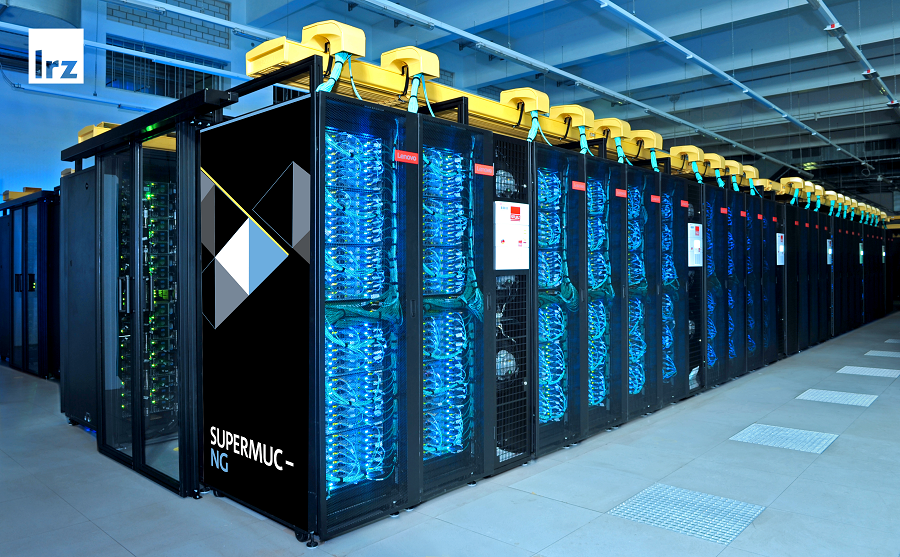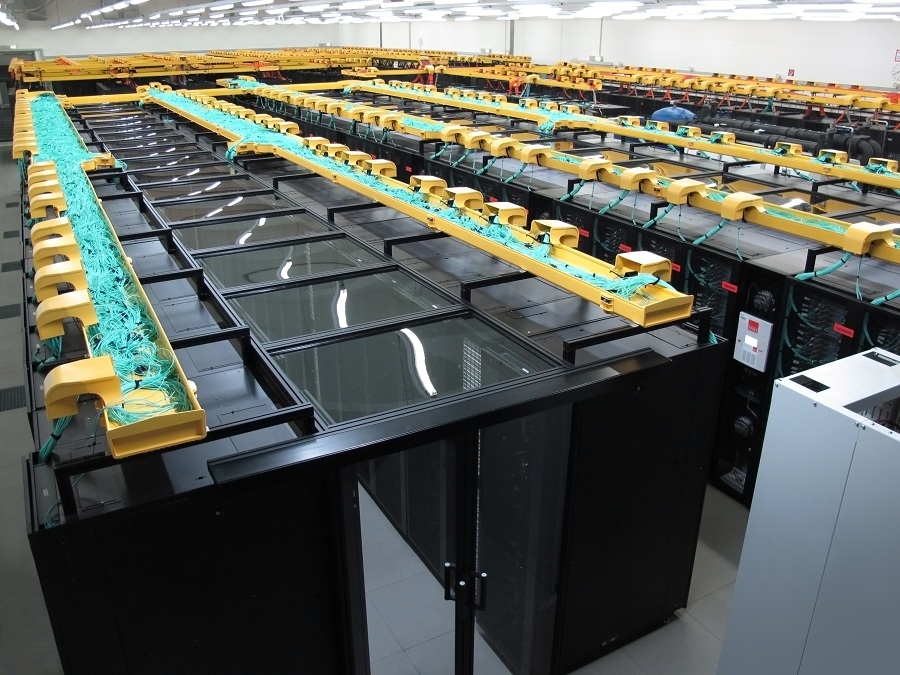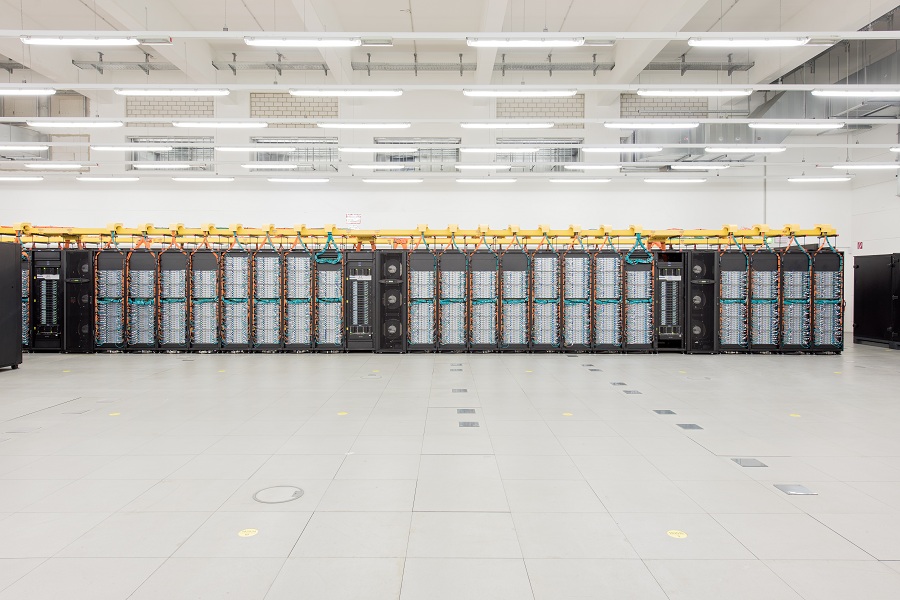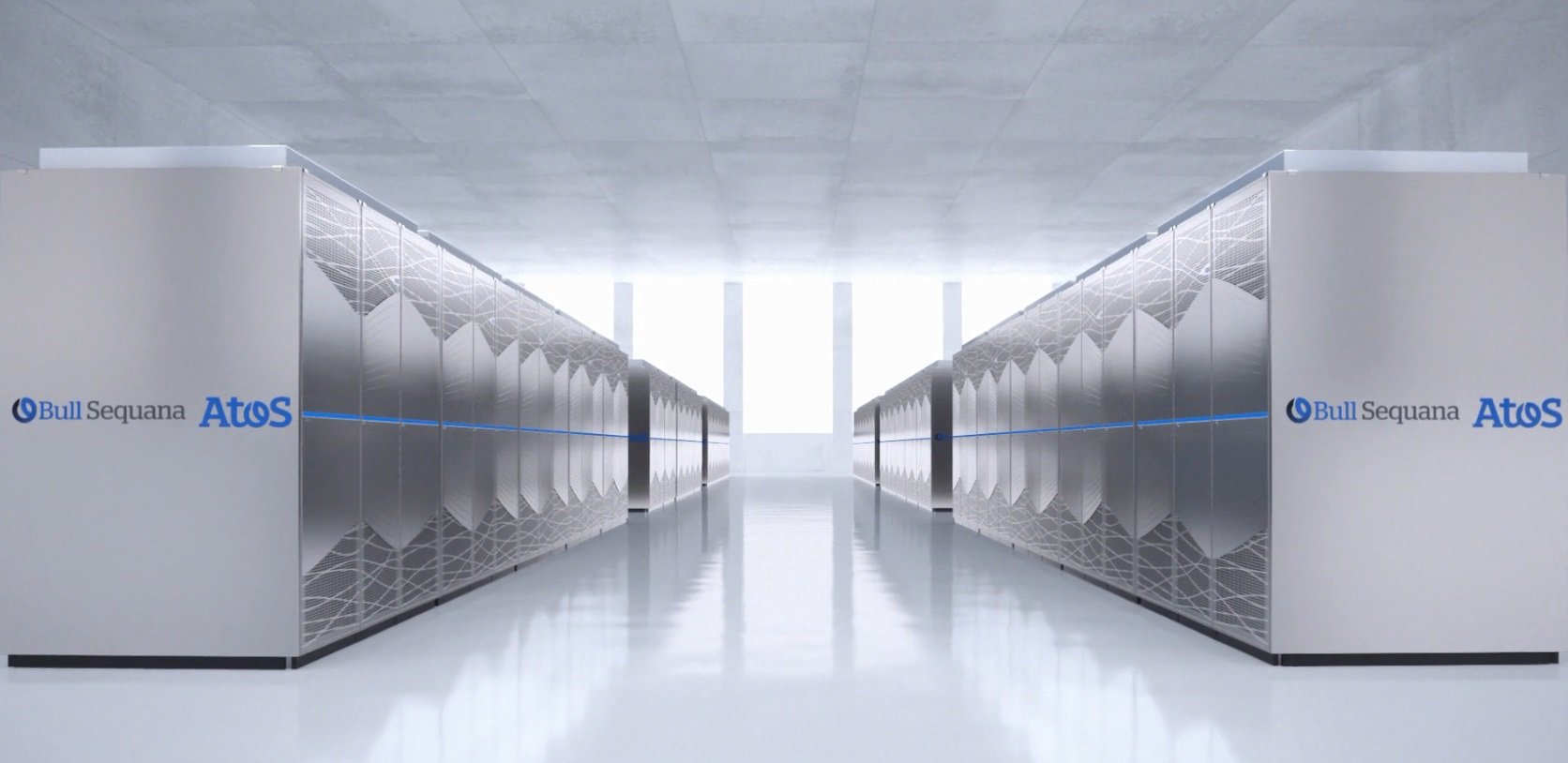Verified Exascale Computing for Multiscale Applications (VECMA)
The VECMA project created a toolkit to help multiscale, multiphysics applications run with high fidelity on multi-petascale and emerging exascale computers, ensuring that their output was “actionable.” This means that the results produced by these applications were reliable and could be used for real-world decision-making.
To achieve this, the project developed the tools to ensure that simulations could be rigorously validated (V), verified (V), and their uncertainty quantified (UQ)—principles that remain essential today. The toolkit was released in phases over the project’s lifetime, tested in exascale environments, and is still available online and through European HPC centres for download and use today.
VECMA in a Nutshell
Computer simulations help predict the weather, model refugee movements, understand materials, advance nuclear fusion, and improve medical decisions. But for simulations to truly impact real-world challenges—whether guiding climate policies, directing humanitarian aid, inventing fusion reactors, or enabling doctors to test medications on a virtual version of you—they must be trustworthy. That means ensuring they are validated, verified, and their uncertainty is carefully measured. The VECMA project created software tools to do just that, making simulations more reliable across a wide range of critical applications.
Take a look at our “VECMA Explained” page to understand the key concepts at play.





